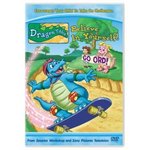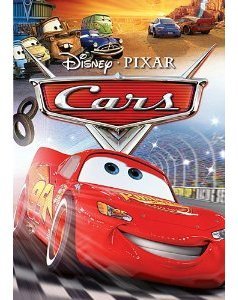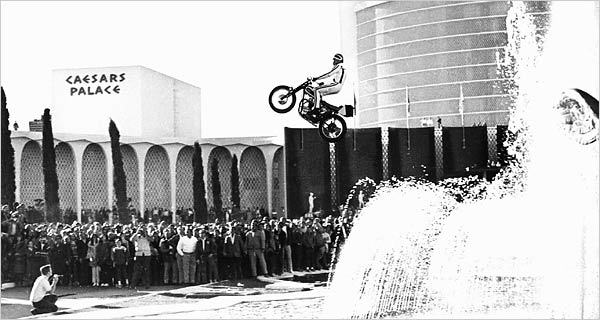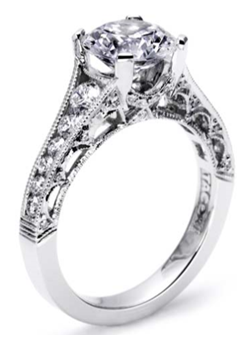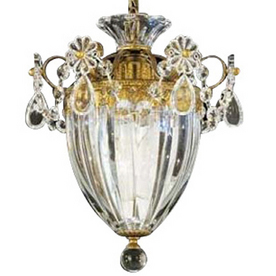 Los Angeles, CA – Starclipz sued Stargreetz and its principals in Los Angeles Superior Court for unfair competition, trade secrets misappropriation, interference with prospective advantage, conversion and other causes of action, none of which specifically included a federal cause of action. Starclipz alleges that it conceived and developed a business that allows consumers to personalize greeting messages by including celebrity clips from their favorite movies. Plaintiffs claim that they had numerous meetings with Eric Frankel, Lucy Hood, and Linda Abrams to fund and develop a business, but Defendants “misappropriated Plaintiffs’ ideas and creative materials for their own unauthorized use and pecuniary benefit” by developing www.stargreetz.com.
Los Angeles, CA – Starclipz sued Stargreetz and its principals in Los Angeles Superior Court for unfair competition, trade secrets misappropriation, interference with prospective advantage, conversion and other causes of action, none of which specifically included a federal cause of action. Starclipz alleges that it conceived and developed a business that allows consumers to personalize greeting messages by including celebrity clips from their favorite movies. Plaintiffs claim that they had numerous meetings with Eric Frankel, Lucy Hood, and Linda Abrams to fund and develop a business, but Defendants “misappropriated Plaintiffs’ ideas and creative materials for their own unauthorized use and pecuniary benefit” by developing www.stargreetz.com.
In removing the case to federal court, Defendants assert that the state causes of action are merely disguised claims for copyright infringement that are preempted by the Copyright Act. Thus, although Defendants concede that there’s no basis for removal under the “well-pleaded complaint rule,” they claim that removal is proper under the complete preemption doctrine, wherein the existence of a preemption defense to a state-law claim gives rise to federal question jurisdiction.
The case is Starclipz, LLC v. Stargreetz, et al., CV11-2779 CAS (C.D. Cal. 2011).
 Los Angeles Intellectual Property Trademark Attorney Blog
Los Angeles Intellectual Property Trademark Attorney Blog


